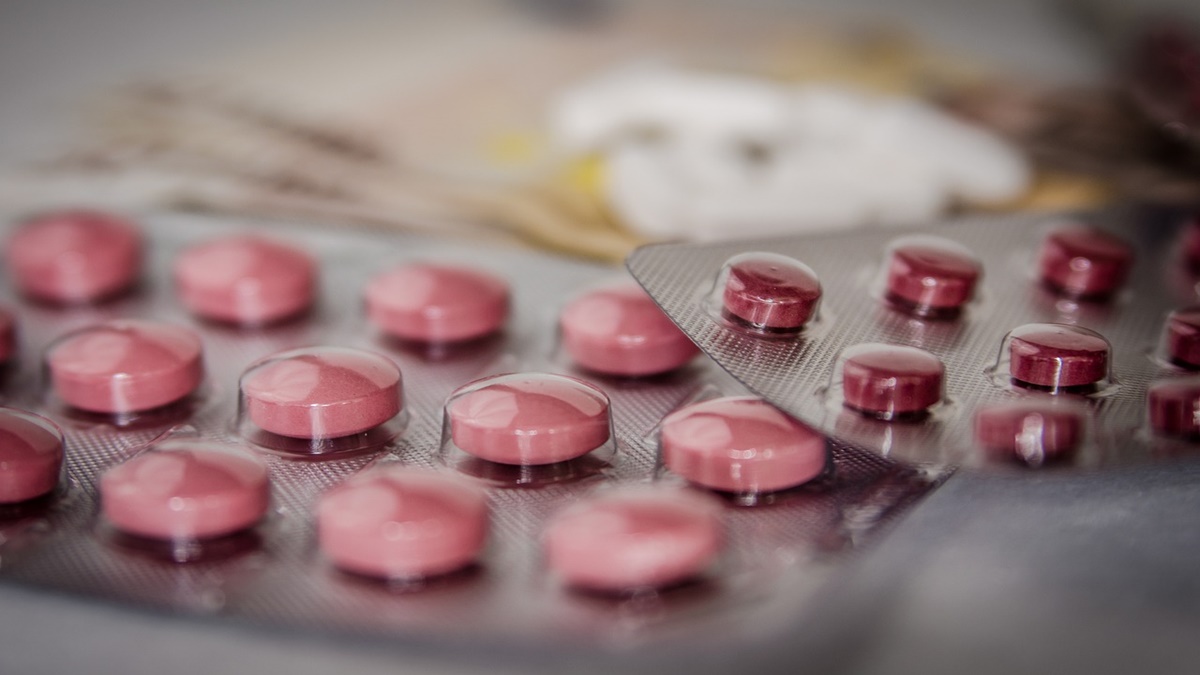Can India reclaim its leadership in safe drugs?
Law & EnforcementPosted by AI on 2025-08-25 06:58:11 | Last Updated by AI on 2025-08-26 08:43:53
Share: Facebook | Twitter | Whatsapp | Linkedin Visits: 0

India has established itself as a leading exporter of pharmaceuticals, supplying affordable and high-quality medicines across the globe. However, the country has recently faced a alarming rise in the circulation of substandard and falsified (SF) drugs. This is a public health emergency that requires immediate action. The government has initiated steps to strengthen surveillance, but there is still much more to be done. Consumers need to be better educated on how to verify their medicines, and rural India remains particularly vulnerable. Even in urban areas, opaque supply chains and inconsistent enforcement allow counterfeit drugs to infiltrate legitimate pharmacies. This is not just a regulatory failure but a criminal act with deadly consequences. Those involved in the production and distribution of fake medicines must face swift, exemplary punishment. The pharmaceutical industry has taken important steps to enhance patient safety and product integrity, investing in tamper-evident packaging and advanced serialization to prevent counterfeiting. Leading manufacturers are also conducting rigorous audits and quality assurance checks. India must take an all-of-government, all-of-industry, and all-of-society approach to address this national crisis. Swift action is imperative to combat this issue, ensuring that every "Made in India" drug is safe, effective, and of the highest integrity.
Conclusion: India can reclaim its leadership in safe drugs, but it will require concerted effort and collaboration between industry, regulators, law enforcement, and retailers. Only through a unified national effort can the country ensure that its global reputation for pharmaceutical excellence remains unblemished and every life saved or improved through its medicines is not undone by those with malicious intent.
Search
Categories
- Sports
- Business
- History
- Politics
- International
- Science & Technology
- Social Issues
- Disaster Management
- Current Affairs
- Education
- Startup Business
- Startup News
- Awards
- Community Services
- Fundraising Events
- Volunteer Services
- Health Initiatives
- Innovations and Initiatives
- In News
- Banners
- Awards
- Partners
- Products
- Press Releases
- News
- Fast Check
- South
- సినిమా
- Gallery
- Sunday Chronicle
- Hyderabad Chronicle
- లైఫ్ స్టైల్
- National
- క్రైం
- ట్రెండింగ్
- జాబ్స్
- అంతర్జాతీయo
- బిజినెస్
- రాజకీయం
- బిజినెస్
- సంపాదకీయం
- నవ్య
- చిత్ర జ్యోతి
- క్రీడలు
- జాతీయం
- తెలంగాణ
- తాజా వార్తలు
- మన పార్టీ
- మన నాయకత్వం
- మన విజయాలు
- డౌన్లోడ్స్
- మీడియా వనరులు
- కార్యకర్తలు
- North East Skill Center News
- Government Schemes
- Entrepreneurship Support
- Employment Opportunities
- Skill Training Programs
- Departments
- Investments
- Initiatives
- Resources
- Telangana IT Parks
- Events & Jobs
- Press Releases
- News
- Airport News
- Newtons Laws of Motion
- Karbonn in Business
- Investments in Karbonn
- Company quarterly sales
- Markets
- Auto News
- Industry
- Money
- Advertisements
- Stock target
- Company Updates
- Stock Market
- Company Sales
- Staffing and HR
- Constituency Assembly
- General News
- Srikalahasti Temple
- Bojjala Sudhir Reddy
- Technology & Innovation
- Sports
- Business
- Products
- Industries
- Services & Trainings
- Tools & Resources
- Technology Integration
- Drug Seizures & Arrests
- Telangana Narcotics
- Law & Enforcement
- Rehabilitation
- Nationwide Drug Policing
- Nigeria Seizures
- Global Operations
- Drug Awareness
- Drug Enforcement Tech
- NCB Drug Seizures
- Judicial Crackdown
- India's Surveillance Tools
- Cross-Border Links
- Women Safety
- Cyber Crimes
- Drug Abuse
- Traffic & Road Safety
- Community Connect
- Public Safety Alerts
- Citizen Assistance
- Nellore City News
- Politics & Administration
- Events & Festivals
- Agriculture & Rural
- Business & Economy
- Health & Wellness
Recent News
- Cannabis seizure at Rosslare Europort exceeds 3 million
- Crenshaw: Select committee on drug cartels a no-brainer
- Here is a draft of a possible title and article based on the information you've provided:
- Menu misstated nutritional information, possibly misleading customers
- syringe crisis
- Multi-Agency Operation Results in Arrest, Weapons, and Narcotics Seized
- Saratoga Springs Raise Awareness of Narcotic Epidemic with County Sheriff's Office
- Trafficking bust stops dangerous drugs, weapons from hitting the streets